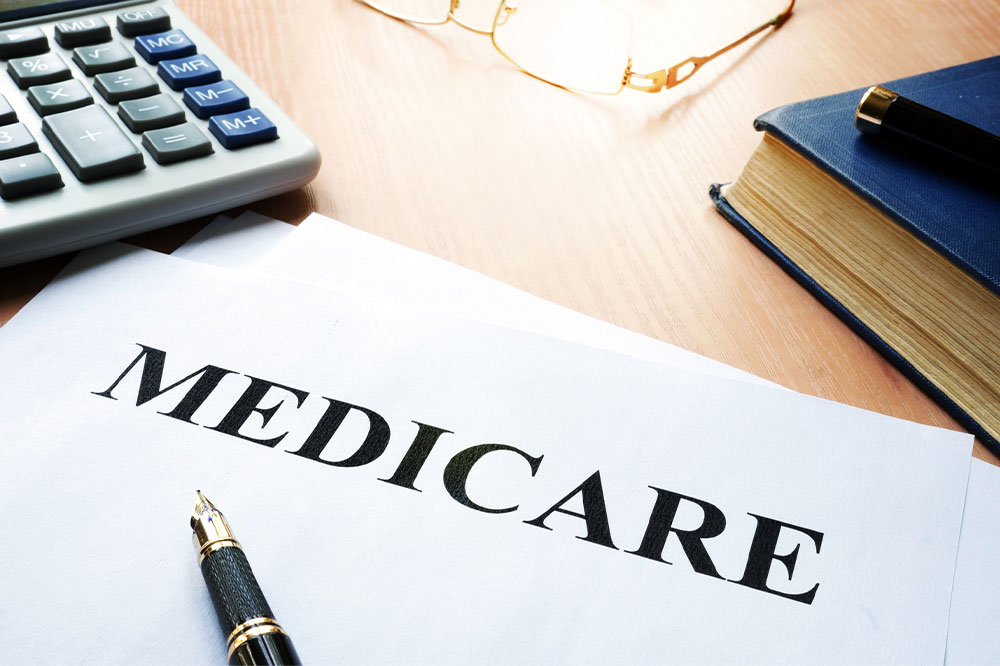11 things to know about disability insurance

An unexpected accident or a sudden illness can restrict one’s ability to work and earn. If a person has disability insurance, it will help them cover a portion of their income, meet expenses like tuition, mortgage, rent, groceries, and utility bills, and run their household without disruption. While employers usually provide disability cover, one can also buy a plan from the government, a private insurance company, or a registered insurance broker.
Important things about disability insurance
Disability insurance, also called disability income insurance, is a vast subject. One has to spend considerable time understanding the different types of plans, eligibility, disabilities covered, benefits, premiums, and claims.
Purpose of disability insurance
Disability insurance provides a monthly income to a working person who loses a job due to illness, disability, or injury. It helps them pay recurring monthly expenses like groceries, utility bills, mortgage or rent payments, and tuition fees. It also protects the insured and their dependents from any displacement in the event of an injury or illness.
Need for disability insurance
This type of insurance is handy for primary or sole breadwinners and people supporting minors. It is also useful for those working in tough jobs requiring manual labor or jobs with a higher risk of injury or accidents.







